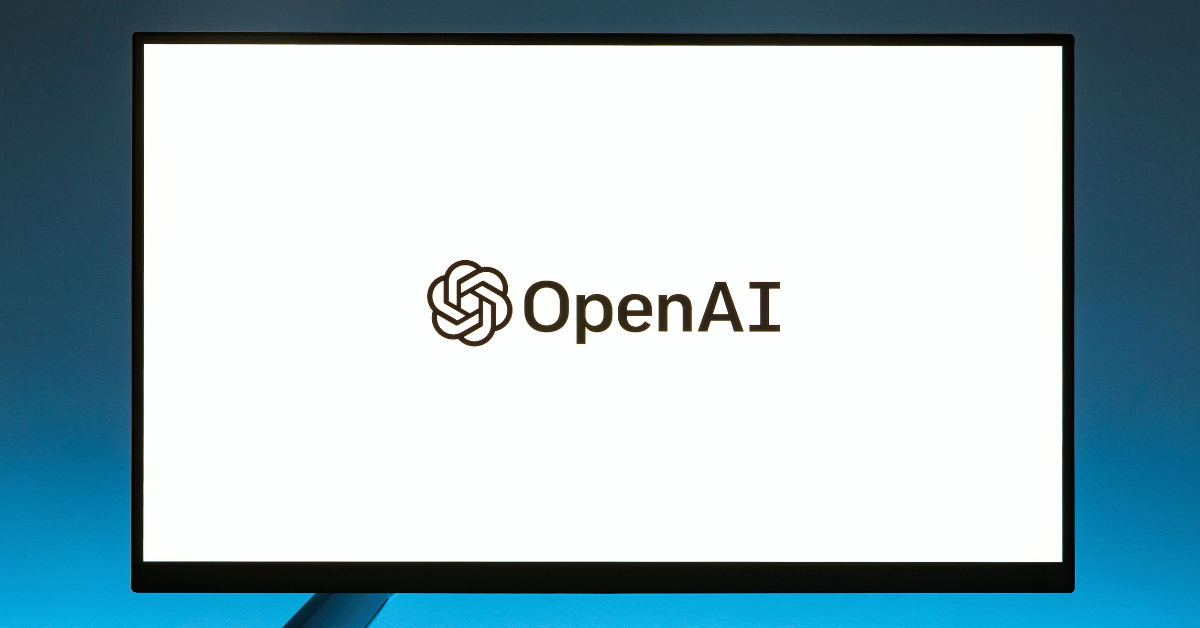AI-Powered Personalization: Customizing Gameplay for Individual Preferences

July 1 2023, Published 11:53 a.m. ET
Artificial Intelligence has taken off over the past two years, largely thanks to the availability of programs like OpenAI and its ground-breaking ChatGPT platform. For the most part, people link AI with business, financial technology, and more nuanced topics like programming. However, AI is having a huge effect on the gaming industry and, specifically, personalization within games.
Even within the casino industry, companies are learning that personalization matters a lot to players. For example, Wildz online casino Canada was one of the first to incorporate machine learning to enhance its player experience. It uses machine-learning AI in order to provide personalized suggestions for loyalty members, including incentives and new game suggestions.
This has helped tailor the gaming experience for each player, minimizing the time they need to shop around for which game to play. Think of like Spotify’s ‘Recommended’ playlist—a feature that has made the streaming platform a hit.
But when it comes to AI-powered customization within games, this is just the tip of the iceberg. Let’s dive into three arenas in which algorithms are helping to steer personalization in games.
AI-Assisted Choose Your Own Adventure Games
Though not quite as mainstream as open-world titles and FPS games, choose-your-own-adventure games have their own niche following. These games allow players to engage in an interactive narrative and even steer the game according to their choices. Clearly, things can get pretty complex for developers.
That’s why some are now using OpenAI to help steer the game. Based on a player’s past choices and the unfolding narrative, an algorithm will determine the best choices for them as the game advances and they’re able to make more decisions.
The Era of the Intelligent NPC
One of the longest-running jokes in the gaming industry has been the presence of NPCs. NPCs are non-playing characters, which, prior to the advent of AI, were given only the loosest semblance of relevance in a game. In other words, they tended to be rudimentary, ineffective, and often laughable.
However, AI is helping to turn this perception of NPCs around. First, developers are relying on increasingly complex algorithms to inform what NPCs are capable of doing. In the past, developers had to devote precious time and resources to creating believable NPCs. However, AI can now customize the NPC experience and tailor each non-playing character toward the player’s journey.

A Major Upgrade for Avatars
One of the clearest ways to gauge AI personalization within games is through the customization of avatars. In the past, players had incredibly limited choices when it comes to crafting avatars. However, as exemplified by programs like Midjourney, all players have to do now is upload a photo and let AI immortalize them as a digital character.
This might not seem like a hugely important consideration for some gamers. After all, those who compete in first-person perspective games don’t really see their characters that often. However, for players who enjoy third-person games, and especially casual titles like visual novels, personalization in avatars is extremely important. It helps them immerse themselves in the game and makes them feel like a part of it.

In-Game Assets & Adventures
Technically, an avatar might be considered an in-game asset. For example, a type of clothing or weapon skin could be considered part of a player’s identity (in the game). But AI isn’t just helping to turn players into avatars. It’s also helping to steer other types of in-game assets.
These types of assets could even be a setting or background, a new type of challenge, or a boss battle. The idea is simple: a game collects data on a player, such as actions, clicks, social behavior, and more, then creates specific in-game experiences based on this data. The idea is that certain games have certain types of players or profiles who would respond positively to new stimuli in the game.
The information provided in this article is for general informational purposes only. Gamble or play responsibly. If you or someone you know has a gambling problem, help is available. Call 1-800-GAMBLER. If you’re in the U.K. and need help with a gambling problem, call the National Gambling Helpline on 0808 8020 133 or go to gamstop.co.uk to be excluded from all UK-regulated gambling websites. We disclaim any liability for any loss or damage arising directly or indirectly from the use of, or reliance on, the information presented.


